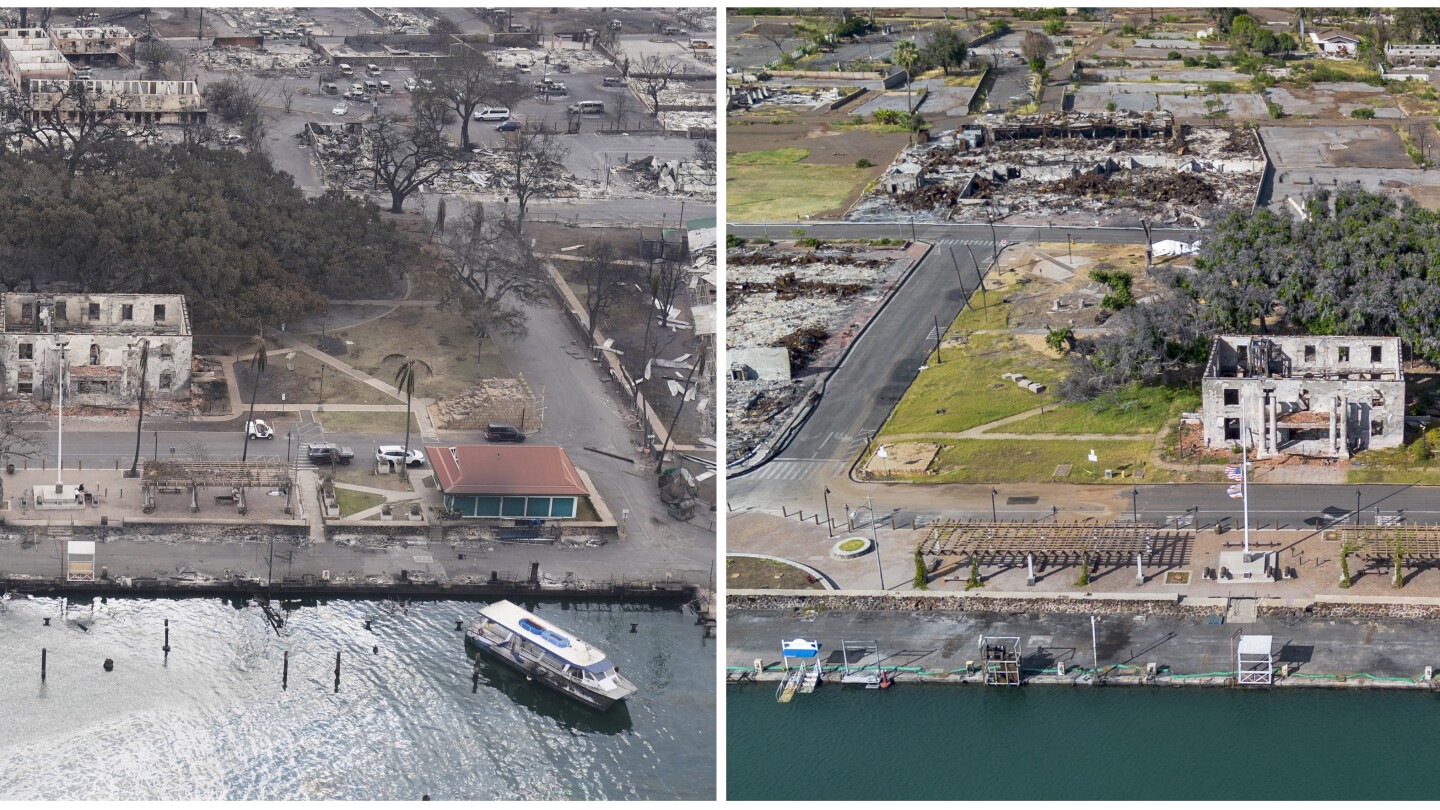- cross-posted to:
- [email protected]
- cross-posted to:
- [email protected]
When a deadly wildfire tore through Lahaina on Maui last August, the wall of flames scorched the 151-year-old banyan tree along the historic town’s Front Street. But the sprawling tree survived the blaze, and thanks to the efforts of arborists and dedicated volunteers, parts of it are growing back — and even thriving.
The banyan tree is the oldest living one on Maui but is not a species indigenous to the Hawaiian Islands. India shipped the tree as a gift to commemorate the 50th anniversary of the arrival of the first Protestant missionaries to live in Lahaina. It was planted in 1873, a quarter century before the Hawaiian Islands became a U.S. territory and seven decades after King Kamehameha declared Lahaina the capital of his kingdom.
The tree is widely beloved and fondly remembered by millions of tourists who have visited Maui over the years. But for many others it is a symbol of colonial rule that has dispossessed Native Hawaiians of their land and suppressed their language and culture.


